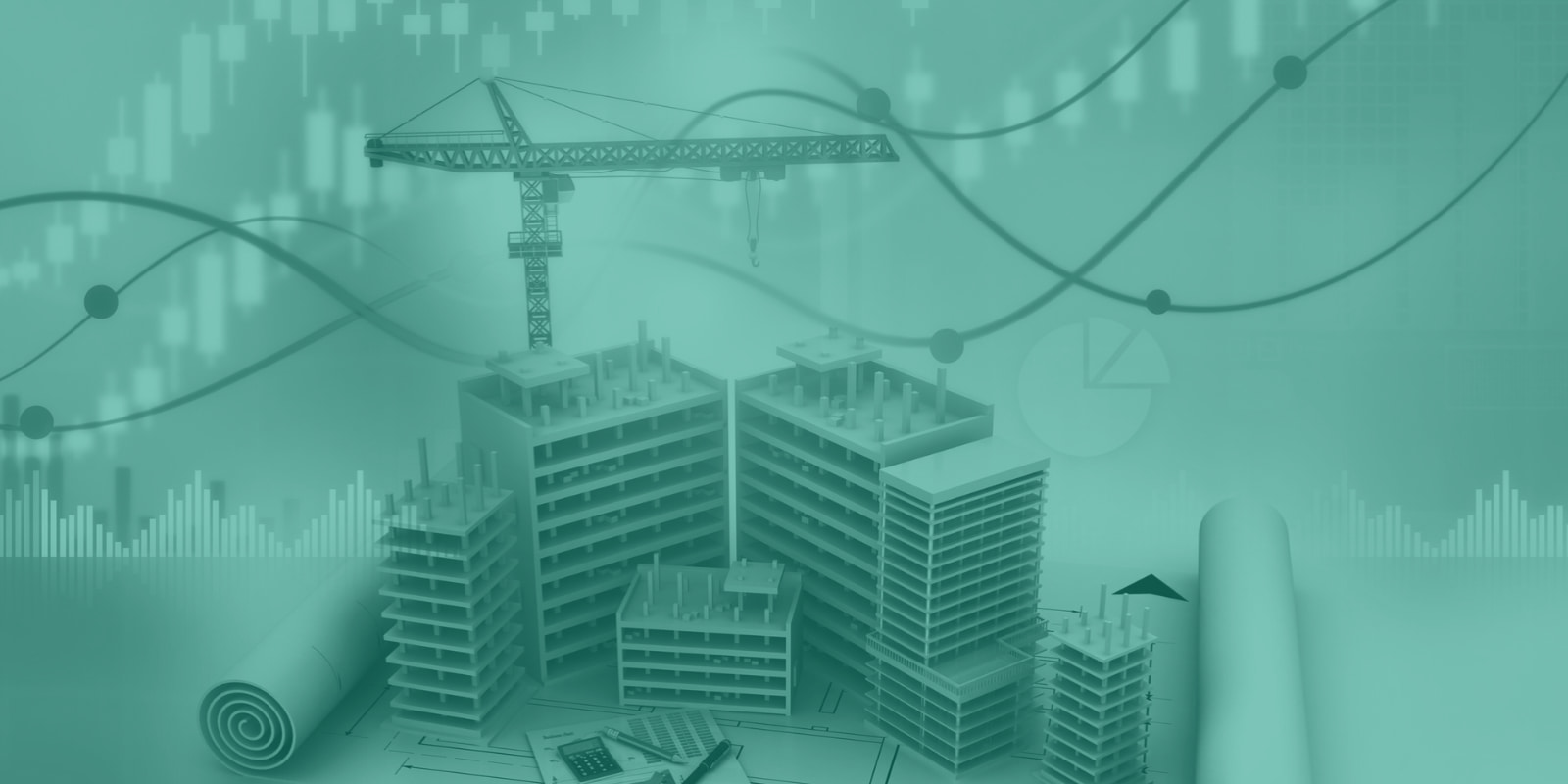REAL ESTATE SECTOR IN SAUDI ARABIA – OVERVIEW OF THE SAUDI REAL ESTATE MARKET
Foreign investment is key for market diversification and the escalating population are driving vibrant growth in Saudi Arabia’s real estate market. Vision 2030 plan has prompted both private corporations and government officials to invest significantly in housing projects all across the country as demand is already high for both residential and business properties in emerging towns or booming cities like Riyadh, Jiddah or Dammam. New industry parks have been set up near these centers of economic activity;
Construction work is going on round the clock with deadlines being met every hour. As new mega-projects like NEOM, the Red Sea Project, and Qiddiya Entertainment City add to this trend. The building of new economic zones has caused a significant increase in demand for various kinds of industrial property development.
KEY REGULATIONS FOR ESTABLISHING A REAL ESTATE COMPANY
Saudi Arabia’s Vision 2030 and Real Estate
Vision 2030 prioritizes urban development and large-scale real estate projects, creating opportunities in development, property management, and brokerage. The plan aims to build sustainable cities and deliver 1.5 million new housing units by 2030, making real estate a cornerstone of the Kingdom’s economic transformation.
Several government bodies regulate the sector:
Legal Framework and Different Types of Company Structures
These company structures are open to the investor to choose:
- Limited Liability Company (LLC): ideal for small to medium-sized businesses, this structure offers owners legal protection with little requirement for capital outlay.
- Joint Stock Company (JSC): Recommended legal structure for big industrial projects where outside investment is required and this also gives companies the option of listing on the Saudi stock exchange (Tadawul).
- Professional Partnership: Required for professional service providers such as Engineers, Legal Professionals or Architecture firms. Despite common conceptions, partnering with a Saudi national on a venture does not offer any financial benefits to foreign companies.
Foreign Investment Regulations Recent changes allow foreign companies to own 100% of most houses used for third party rental, which dispels the need for one Saudi partner. However, property ownership in Mecca and Medina remains restricted to Saudi nationals. Foreign investors must secure an investment license from MISA and comply with Saudization policies, requiring a percentage of Saudi employees.
Before any venture – Foreigners of any amount of shareholding must receive investment licenses from the MISA (Ministry of Investment) before they can procure a real estate business license and visa. Entities with any foreign ownership must adhere to Saudisation policies which is a requirement to ensure some of the workforce are local Saudi residents.
TYPES OF LICENSES AND PERMITS
Real Estate Brokerage License
This license is required for anyone looking to facilitate property purchase transactions. Individuals within the ownership structure need to possess the relevant qualifications and training on local regulations, while companies must employ a licensed broker that has passed the relevant examinations. Applications are processed via REGA’s portal in 4-6 weeks. Compliance in this field is extremely important in this type of business activity and CBC’s post-incorporation support package “Essential Compliance” would be a cost effective way to manage this effectively.
Real Estate Development and Investment License
For land development of large projects, this license requires an investment license from MISA. Applicants must prove financial capacity and technical expertise, with large projects (over SAR 30 million) facing additional review. Due to the updated regulations it is now possible to combine Real Estate License types with Service Investment License types, an avid pair with this license would be a “Construction of Residential” & “Construction of Non-Residential buildings” service investment license.
Property Management and Maintenance License
This covers leasing and maintenance services. Companies must demonstrate technical skills and compliance with the Ejar system, a digital platform for rental agreements. CBC offers a Tax, Accounting & Bookkeeping package which would aid clients looking to manage the financial reporting of Real Estate income within the relevant KSA government tax reporting portals.
Need expert guidance? Thomas McNelliey, Business Development Lead, has extensive experience assisting real estate firms with investment structuring, licensing & compliance in Saudi Arabia. Get in touch today to organise a complimentary consultation.






